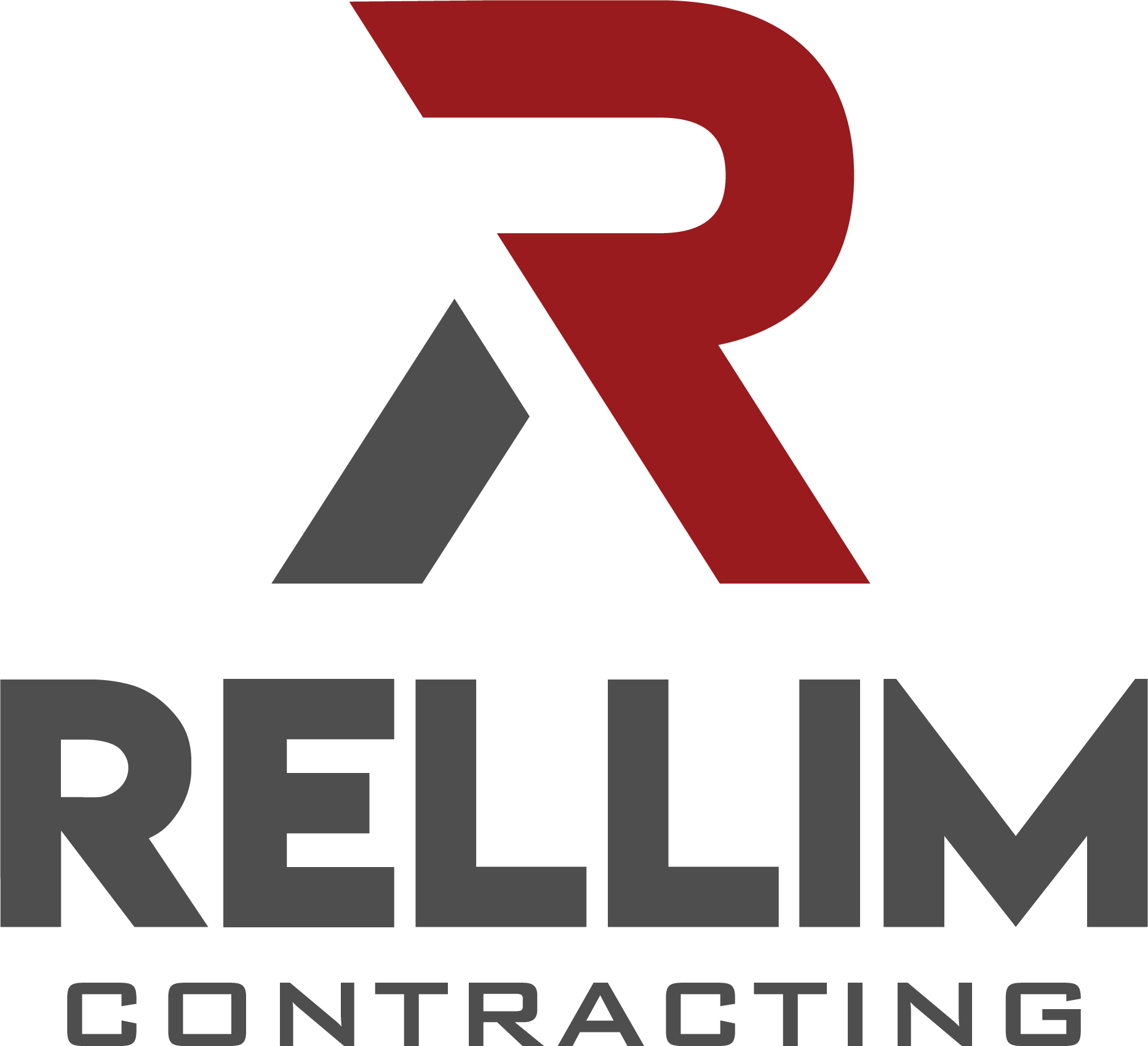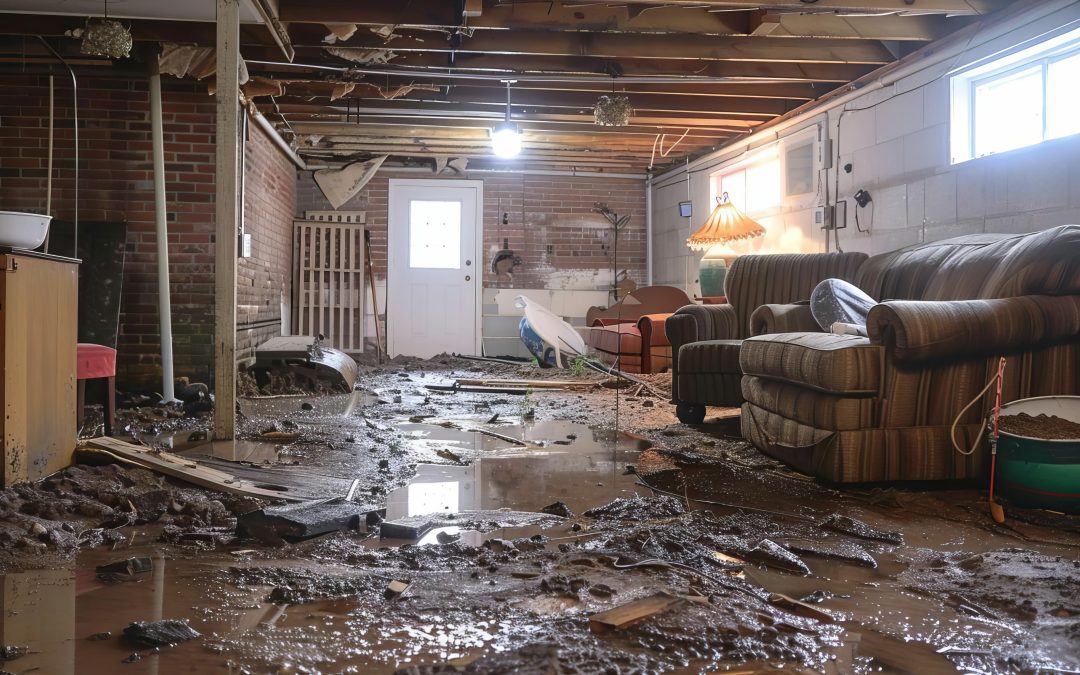Common Causes of Water Damage and How to Prevent Them
Water damage is a serious concern for homeowners, as it can lead to costly repairs and long-term structural issues. At Rellim Contracting, we understand that preventing water damage is key to maintaining the integrity of your home. This blog will explore common causes of water damage and provide practical tips on how to prevent them.
1. Leaky Pipes
Cause: Leaky pipes are a frequent cause of water damage. Over time, pipes can corrode, crack, or become loose, leading to leaks. These leaks can occur in various areas, including under sinks, in walls, or in basements.
Prevention:
- Regular Inspections: Have a professional plumber inspect your pipes regularly, especially in older homes.
- Insulate Pipes: In colder climates, pipe insulation can prevent freezing and bursting.
- Monitor Water Pressure: High water pressure can stress pipes and lead to leaks. A pressure regulator can help maintain safe levels.
2. Roof Leaks
Cause: A compromised roof can allow rainwater to seep into your home, causing damage to ceilings, walls, and insulation. Common issues include damaged shingles, broken flashing, or clogged gutters.
Prevention:
- Routine Roof Inspections: Have your roof inspected annually or after severe weather.
- Clean Gutters: Regularly clean your gutters to ensure proper water flow and prevent overflow.
- Address Repairs Promptly: Fix any roof damage immediately to prevent further issues.
3. Flooding
Cause: Flooding can result from heavy rainfall, overflowing rivers, or inadequate drainage systems. Basements are particularly vulnerable to flooding, which can lead to extensive water damage and mold growth.
Prevention:
- Install Sump Pumps: A sump pump can help remove excess water from basements and prevent flooding.
- Grade Your Landscape: Ensure your yard slopes away from your home to direct water flow away from the foundation.
- Check and Maintain Drainage Systems: Regularly inspect and maintain your home’s drainage systems to ensure they are functioning properly.
4. Broken Appliances
Cause: Household appliances such as washing machines, dishwashers, and water heaters can malfunction and cause water damage. Leaks or overflows from these appliances can lead to significant damage if not addressed promptly.
Prevention:
- Regular Maintenance: Follow the manufacturer’s maintenance recommendations for your appliances.
- Check Hoses and Connections: Inspect hoses and connections for signs of wear or damage, and replace them if necessary.
- Install Leak Detectors: Consider installing leak detectors near appliances to alert you to potential issues early.
5. Foundation Issues
Cause: Foundation cracks or settling can lead to water infiltration into your home’s lower levels. Water can seep through these cracks, causing damage to walls and floors.
Prevention:
- Monitor Foundation: Regularly check for cracks or signs of settling in your foundation.
- Proper Grading: Ensure that the ground around your foundation slopes away from the house to direct water flow away from the foundation.
- Seal Cracks: Address any foundation cracks promptly with professional sealing methods.
6. Clogged Drains
Cause: Clogged drains can cause water to back up and overflow, leading to water damage in areas such as bathrooms and kitchens. Common culprits include hair, grease, and foreign objects.
Prevention:
- Use Drain Covers: Install drain covers to catch debris and prevent clogs.
- Regular Cleaning: Clean drains regularly to remove buildup and prevent blockages.
- Avoid Disposing of Grease: Never pour grease or oil down the drain, as it can cause clogs and damage pipes.
7. Improper Ventilation
Cause: Poor ventilation can lead to excess moisture buildup in areas like attics and bathrooms. This moisture can contribute to mold growth and water damage over time.
Prevention:
- Install Ventilation Fans: Use ventilation fans in bathrooms and kitchens to reduce moisture levels.
- Ensure Proper Attic Ventilation: Proper attic ventilation helps prevent moisture buildup and potential water damage.
- Monitor Humidity Levels: Use a dehumidifier if necessary to keep indoor humidity levels in check.
8. Sump Pump Failure
Cause: A sump pump is designed to remove excess water from basements and crawlspaces. If it fails, water can accumulate and cause damage.
Prevention:
- Test the Pump: Regularly test your sump pump to ensure it is functioning properly.
- Clean the Pump: Remove debris from the sump pump basin to prevent clogs.
- Consider a Backup Pump: Install a backup sump pump to provide protection in case the primary pump fails.
Conclusion
Water damage can have serious consequences for your home, but understanding its common causes and taking preventative measures can help protect your property. At Rellim Contracting, we are dedicated to helping you maintain a safe and dry home. By staying vigilant and addressing potential issues promptly, you can prevent water damage and keep your home in excellent condition.
If you suspect any water damage or need professional assistance, don’t hesitate to contact us. Our team is here to provide expert advice and solutions to safeguard your home from water damage.

